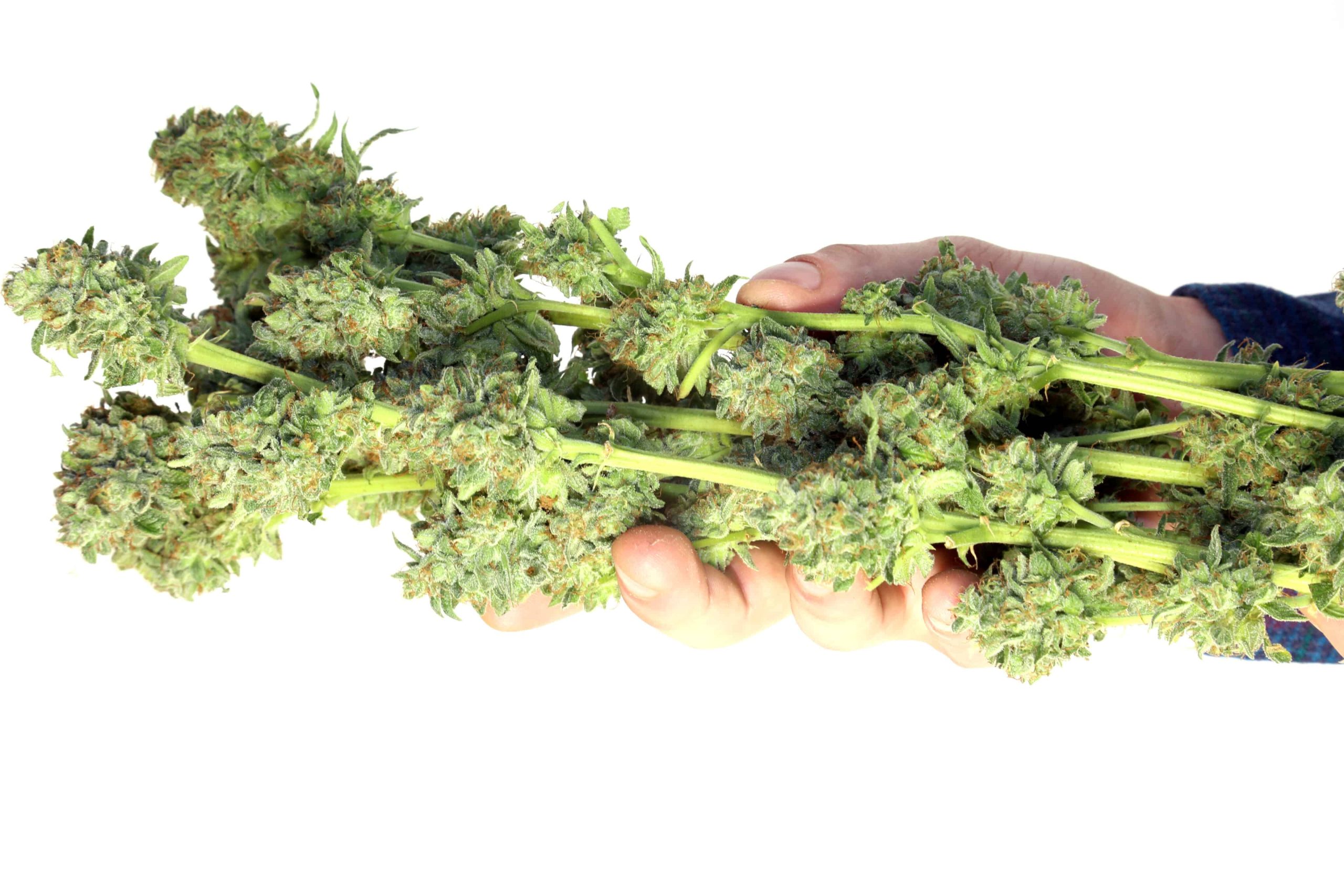Two Colorado lawmakers have introduced bipartisan legislation regulating intoxicating hemp-derived cannabinoids, including the increasingly popular compound Delta 8 THC. The bill, Senate Bill 271, was introduced earlier this month by Republican Senator Kevin Van Winkle and Democratic colleague Senator Dylan Roberts.
Last year, Colorado legislators passed legislation allowing the Colorado Department of Public Health and Environment (CDPHE) to begin the process of regulating hemp with intoxicating cannabinoids, including delta-8 THC, a compound that can be produced from CBD. passed. Although not as potent as Delta-9 THC, the legality of Delta-8, the cannabinoid associated with the classic marijuana high, is now available at retailers, including convenience stores and smoke shops, under the 2018 Farm Bill. In many cases, products are sold without restrictions such as maximum potency or minimum age of purchaser.
The law passed in 2022 also established a task force to investigate intoxicating cannabinoid products and make recommendations on laws and administrative regulations. The recommendations made by the task force were then used as the basis for: Senate Bill 271according to the sponsor of the measure.
“A very powerful product can be purchased online by anyone, including teenagers.” Truman Bradley saida task force member and executive director of the Marijuana Industry Group, a trade association for regulated cannabis businesses in Colorado.
Bill Regulates Delta-8 THC Serving Sizes
Under the new law, hemp products containing more than 2.5 milligrams of delta-8 THC will be regulated and sold only at licensed cannabis dispensaries in the state.Unregulated outlets such as convenience stores and online retailers The sale of delta-8 THC products on is prohibited.
Senate Bill 271 also imposes CDPHE regulation and registration of hemp products, including certain intoxicating hemp products. The Marijuana Enforcement Division of the State Department of Revenue regulates intoxicating products through administrative regulations that permit or prohibit the chemical modification, transformation, or synthetic derivation of hemp compounds to create certain types of intoxicating cannabinoids. Agencies are also responsible for establishing labeling and advertising requirements, production and testing regulations, and inspection and record-keeping standards.
Van Winkle said he had some concerns about the bill, which could be amended as it moves through the legislative committee process.
“The current law comes largely directly from the Task Force,” said Van Winkle. “Now we have to make some changes to it. I think the limit is a little too high at the moment.”
“It’s going to be enough to get people high in Colorado, especially children,” Van Winkle said.
Senate Bill 271 also doesn’t include a limit on the number of servings that can be in a single package, which could result in products with large amounts of delta 8 THC in a single package.
“Currently, the bill does not include a maximum package limit for THC,” Bradley said.
In a statement released last week, the Marijuana Industry Group Said The fascinating hemp market sells hundreds of millions of dollars annually in “completely unregulated and tax-free products with no ID checks, purchase limits, or safety restrictions. We can buy these products online, have them delivered to us anywhere, or even pick them up at our local gas station or grocery store.”
In 2021, the Colorado Department of Health and Environment, in collaboration with the Marijuana Enforcement Agency and the Department of Revenue, issued a policy memo clarifying that chemical modifications or transformations of cannabinoids from industrial hemp are not permitted. Cannabis law attorney Robert Hoban said the policy was not enforceable.
“Colorado issued a policy statement last year saying that these compounds cannot be sold within the state,” Hoban said. “It’s not a law. It’s just a policy memo.”
Bret Worley, CEO of hemp-derived cannabinoid wholesaler MC Neutraceuticals, said he supports the current version of Senate Bill 271.
“We really don’t believe there are any risks or concerns with cannabis-derived cannabinoid products at 2.5 milligrams,” said Worley, who believes parents must be responsible for their children’s well-being.
“I think it should be kept out of reach of children, just like any other drug,” he said.
Senate Bill 271 has been assigned to the Senate Finance Committee, and a public hearing on the bill is scheduled for April 18.





